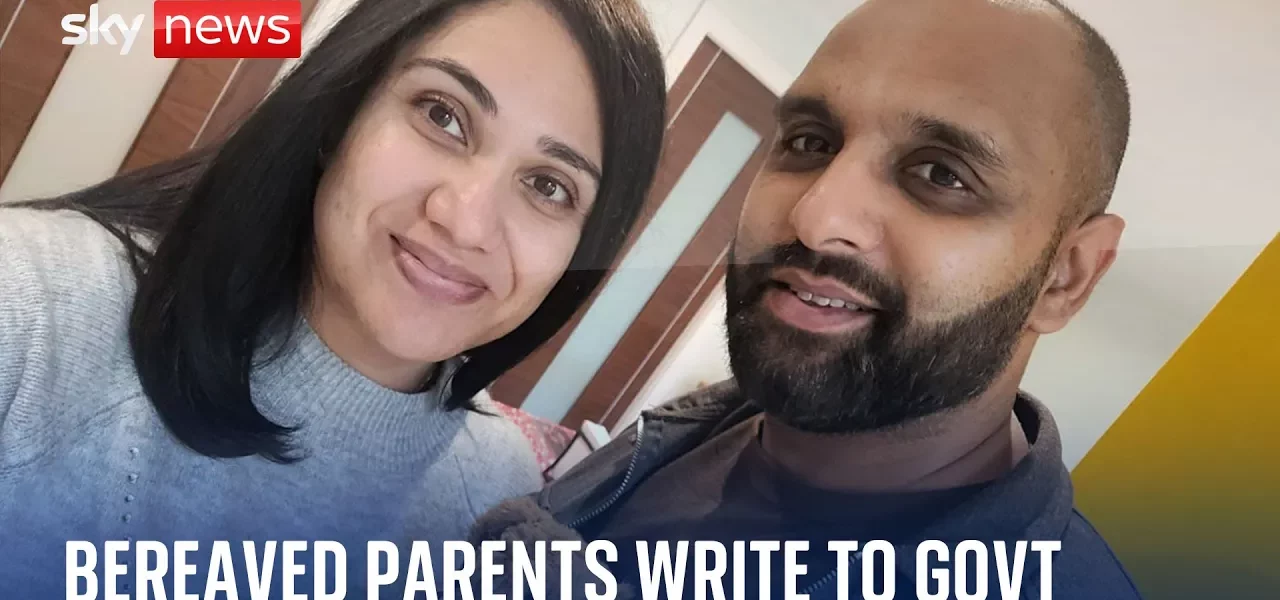A Heartbreaking Journey of Motherhood and the Fight Against Racial Inequality in Healthcare

This article explores the emotional and physical struggles faced by individuals in their journey to parenthood, emphasizing the disparities in healthcare that affect black and Asian families. Through personal stories and statistical evidence, we shed light on the urgent need for change in maternal healthcare practices.
Introduction
The desire to have children is a shared dream for many couples, often discussed early in their relationships. For one couple, this conversation was just the beginning of a long and painful journey filled with hope, loss, and the stark realities of healthcare inequalities. This article delves into the experiences of a mother who faced significant challenges in her quest for motherhood, highlighting the systemic issues that contribute to disproportionate outcomes for black and Asian families during pregnancy and childbirth.
The Desire for Parenthood
From the moment they met, the couple discussed their hopes and dreams for a family. The conversations surrounding baby names and the number of children they envisioned were filled with excitement. However, their dreams were overshadowed by the health struggles that would soon follow.
Fighting Against Cancer
Before stepping into the world of IVF, the mother faced a formidable opponent—cancer. This battle was not only physically exhausting but emotionally draining as well. The fight against cancer was a necessary precursor to their dreams of parenthood, demonstrating the resilience required to navigate such life-altering challenges.
The IVF Journey
After overcoming cancer, the couple embarked on an 18-month journey through IVF. The first attempt was successful, leading to overwhelming joy and anticipation as they prepared to welcome their baby into the world. They believed that their struggles were finally behind them.
The High-Risk Pregnancy
Despite their joy, the mother’s medical history categorized her pregnancy as high-risk. This classification brought additional stress, as concerns about her health and the baby’s wellbeing grew. Unfortunately, her fears were not adequately addressed by her healthcare providers.
Lack of Proper Monitoring
Throughout the pregnancy, the mother felt that her concerns were repeatedly dismissed. Despite her high-risk status, she was not properly monitored, leading to a sense of helplessness and frustration. This neglect speaks to a broader issue within the healthcare system regarding the treatment of patients based on race and ethnicity.
The Heartbreaking Loss
At just 22 weeks, their baby girl, JA, was born but tragically died shortly after birth. The emotional toll of losing a child is unimaginable, and the mother described the experience as one that defies explanation. Her shock was compounded by the medical team’s lack of compassion and understanding during this traumatic time.
Struggling with Grief and Anger
In the aftermath of her loss, the mother sought help to process her grief. However, she faced additional challenges as she was told to wait 12 weeks for therapy. Meanwhile, the hospital continued to send letters for appointments that were no longer applicable, deepening her sense of loss and frustration.
Compounding Factors of Race
The mother expressed her anger over the racial disparities that exist within maternal healthcare. Statistics reveal that black and Asian babies are disproportionately affected by stillbirth and neonatal death. The acknowledgment that her race may have contributed to her loss only added to her pain.
- Black babies are over twice as likely to be stillborn compared to white babies.
- Asian babies face more than a 50% higher risk of stillbirth.
- Between 2017 and 2020, over 1,700 fewer deaths could have occurred if racial disparities were eliminated.
Advocacy and Calls for Change
In 2024, the mother joined other parents in advocating for change within the healthcare system. They penned an open letter to the government, demanding action to address the inequalities that persist in maternal and neonatal healthcare.
Charity Support and Community Action
Charities supporting parents have called for targeted actions to address these healthcare disparities. By sharing personal stories, they aim to humanize the statistics and highlight the real families affected by these issues.
The NHS Response
The NHS has acknowledged the unacceptable disparities in care experienced by black and Asian babies. Despite improvements, they recognize that significant work is still needed to eradicate these inequalities. An additional £10 million in funding has been allocated to tackle these challenges.
Conclusion
The journey of motherhood can be fraught with challenges, and for many, these struggles are compounded by systemic inequalities in healthcare. The story of this mother serves as a poignant reminder of the importance of advocacy and the need for systemic change. By raising awareness and demanding accountability, we can work towards a future where every family has equal access to quality maternal care, regardless of race. If you are inspired by this story, consider sharing it or joining advocacy efforts aimed at improving maternal healthcare for all.
“`




